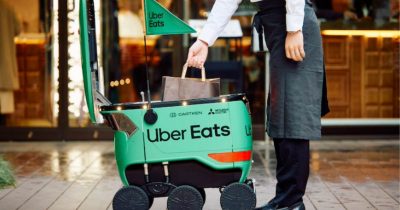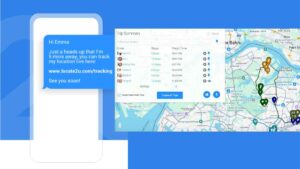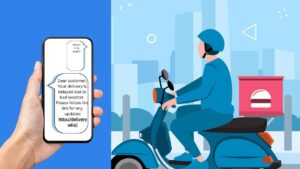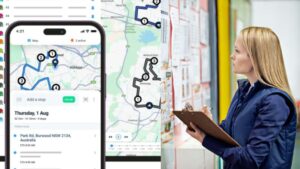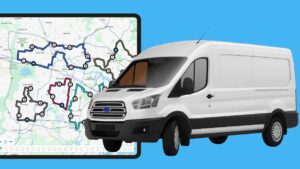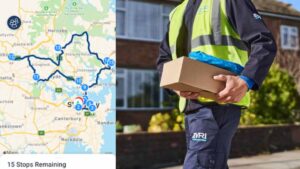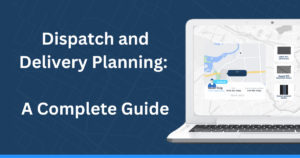Consumers in Japan can now have food delivered to their door with robots. This is thanks to a collaboration with Mitsubishi Electric Corporation and robotics company Cartken.
The delivery robots designed by Cartken will be deployed at the end of March 2024.
Shintaro Nakagawa, Uber Eats Japan CEO says: “Uber Eats already offers delivery by bike, motorbike, light cargo, and on foot, but in the future, robots will add a whole new way to make deliveries.”
Cartken has a robotics solution
The company was founded in 2019 by former Google engineers and operators. The group recognized the manual delivery process was both costly and environmentally unsustainable. The team saw an opportunity in the market for small robots.
Today, Cartken builds sidewalk delivery robots used for neighborhood food/grocery delivery, campus meal delivery, and curbside pickup.
This latest project for Japan is not Uber and Cartken’s first partnership. In December 2022 the company announced it was partnering with Uber for food deliveries via automated robots in Miami, Florida.
Robotics effective in logistics crisis
Mitsubishi Electric is a Japanese multinational electronics and electrical equipment manufacturing company. It was established in 1921.
Shoji Tanaka, general manager of the Electric Development Division at Mitsubishi’s Advanced Application Development Center, says robot delivery is considered an effective countermeasure to the logistics crisis, which will become more serious in the future.
“To respond to these social issues, we have been developing our business with Cartken, our partner for autonomous robots. We hope that the initiatives announced this time will be a catalyst for the spread of robot delivery services in Japan,” he says.
Innovation in food delivery
Uber Eats is on a quest to achieve 100% of food delivery trips emission-free worldwide by 2040. Last year, the company partnered with Zoomo. The partnership sees the integration of e-mopeds into its service offerings, providing Uber Eats couriers in the UK with a more eco-friendly mode of transportation.
Even universities are joining the autonomous food delivery game. This month, the University of South Carolina (USC) entered into a partnership with Grubhub and Starship Technologies for autonomous food delivery using robots.
Through the Grubhub app, students and staff can access on-demand robots for food delivery. The campus community will be able to choose from 11 different dining options.
Delivery robots market
Market and Markets reports the global delivery robot market is estimated to grow at a massive 33.7% in the next four years. “Consumers expect the minimum cost, along with less time for delivery,” reads the report.
We see this in food delivery at a university in the UK. Cranfield University has partnered with autonomous delivery robot manufacturer Peyk for the first last-mile delivery on campus in this country.
Now Read: Food delivery platforms expected to double in 2024
About the author
Sharl is a qualified journalist. He has over 10 years’ experience in the media industry, including positions as an editor of a magazine and Business Editor of a daily newspaper. Sharl also has experience in logistics specifically operations, where he worked with global food aid organisations distributing food into Africa. Sharl enjoys writing business stories and human interest pieces.

